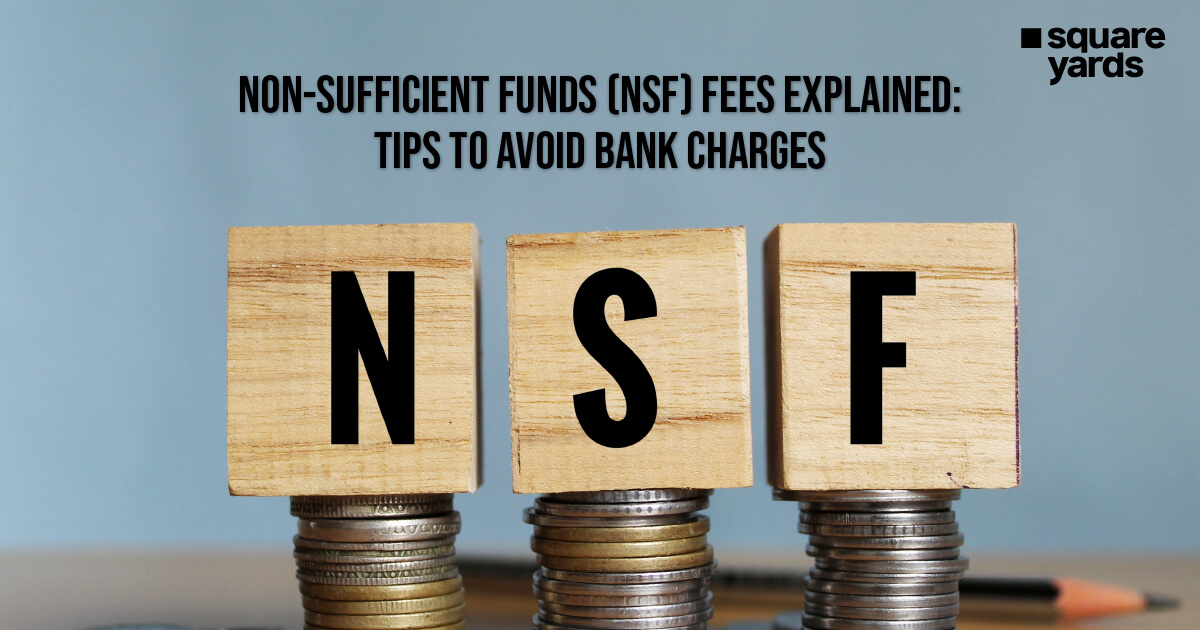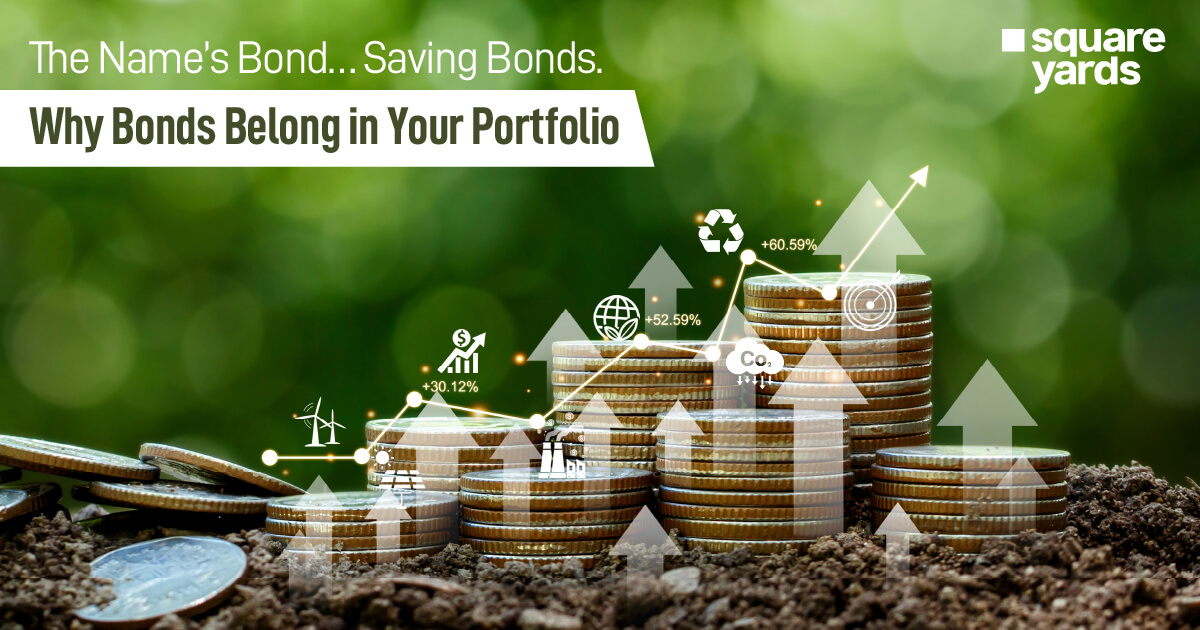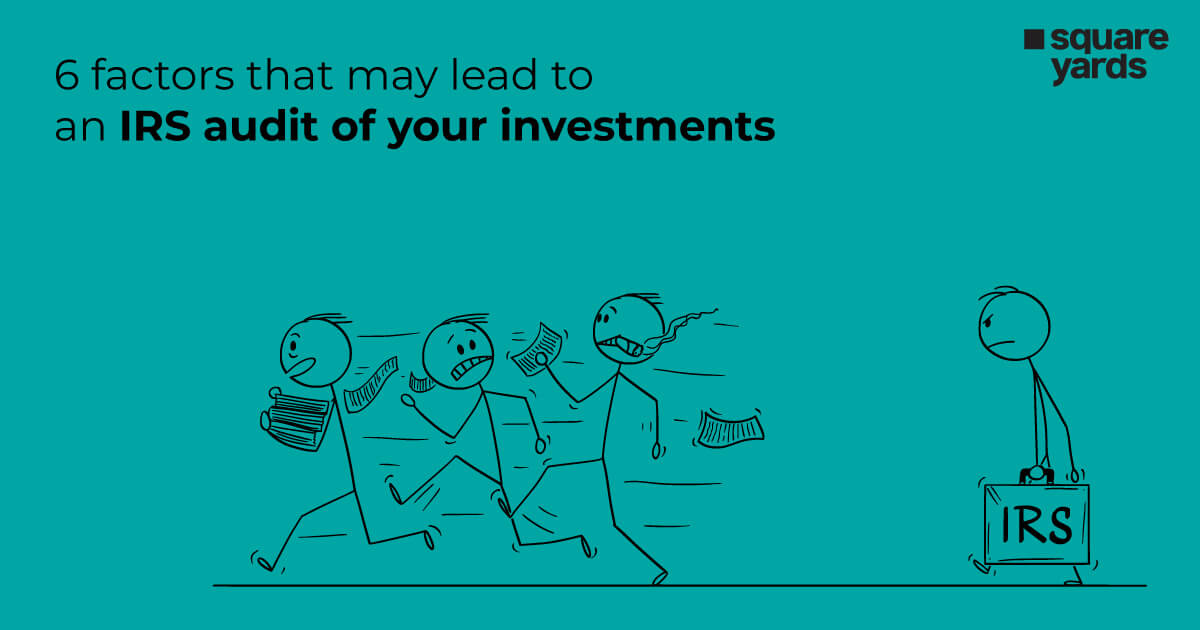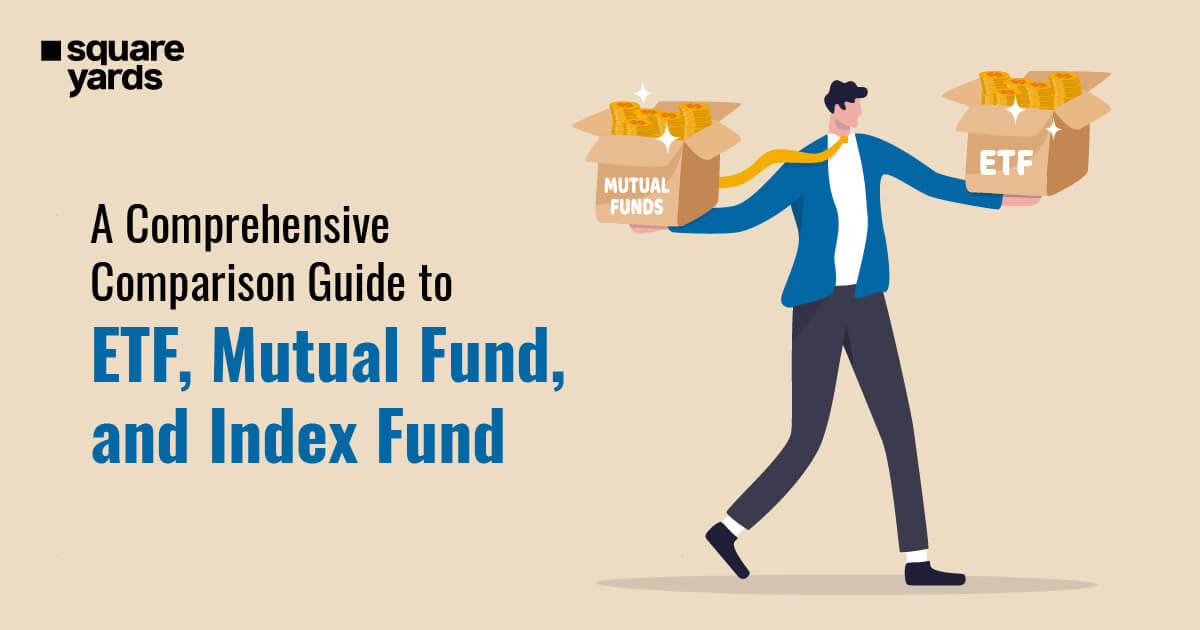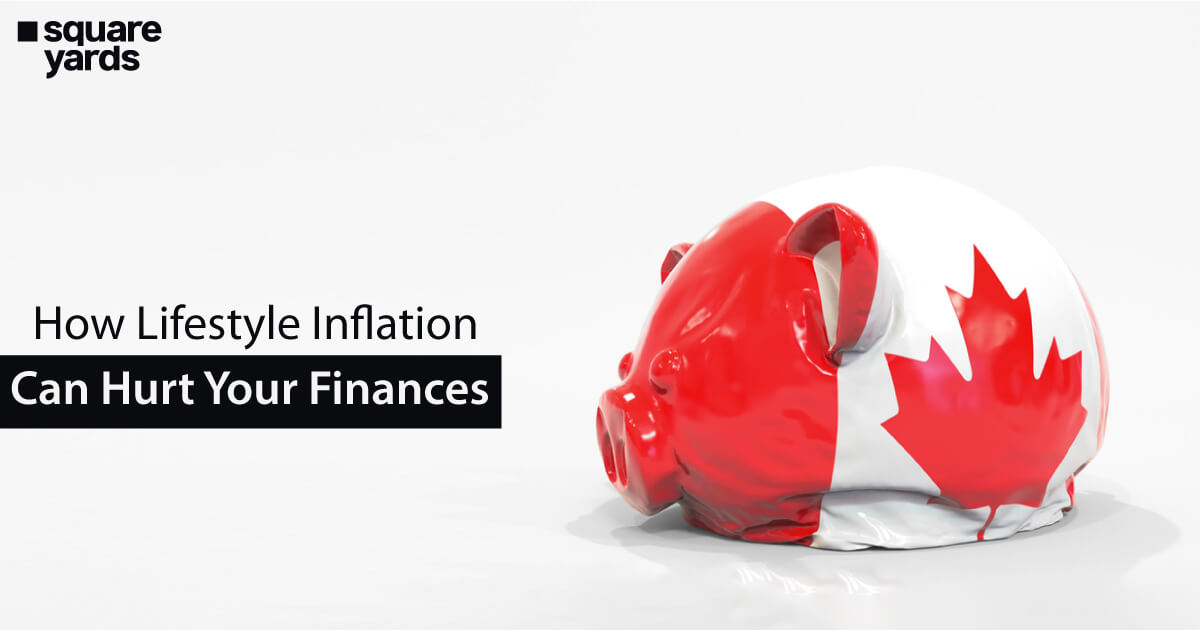You finally have some money to spare after years of saving and scrimping on your rent and bills. Someone suggested investing, but like many other young Canadians, you’re unsure how to do it. Spending all the saved money is a great way to treat or reward yourself. However, investing will help you obtain long term rewards. To help you get started, we have listed tips for financial investment in Canada and some common mistakes that you should try and avoid.
Why is Financial Investing Important?
Earlier, people used to rely on their savings for a secure future. In today’s day and age, however, savings aren’t enough. What’s the use of idle money sitting in your bank account anyway? You could invest this money and grow your wealth instead. Investing gives you future financial security making you independent. It also helps you attain specific life goals such as retirement and home buying.
Things to Remember for the First Time Investors
You’re sometimes clueless and inexperienced when investing; it’s okay. Go through the important pointers given below before beginning your investment journey. Understand, keep them in mind, and you’re good to go.
-
Set your Goals
Goal setting is the first step toward starting anything in life. When you have certain goals in mind, you know the direction you’re heading, which makes accomplishing those goals easier.
Ask yourself questions like:
-
- What sort of goals do I want to set – short-term, mid-term or long-term?
- What are my current savings? How much can I invest?
- What do I want in the future?
The answers to these logical questions will help you determine your investment account type.
-
Diversify your Portfolio
Diversification spreads your money across varied shares, bonds, properties, or other investments. The basic rule of investment is both easy to understand and use. Besides, investing in more than one asset helps you balance your savings plan with financial disruptions.
-
Take Note of all the Charges
No matter what sort of investment you select, a fee will be attached. When you first get into financial investment in Canada, you’d be surprised with how much small charges will affect your returns. It is thus essential to take those small charges seriously.
Let’s understand this with an example. Investing 30,000 CAD over 20 years at a yearly growth rate of 5% will be worth 75,893 CAD if you pay 0.25% as an annual fee. But if you paid a yearly fee of 0.75%, this investment would be 68,967 CAD. There is a difference of 6936 CAD because of a small charge.
-
Understand What You’re Investing In
Do not invest in a business you don’t understand. Not just us; even the biggest investors worldwide have been saying this.
Choose an investment that you are familiar with. If it’s a Canadian company, try and understand what they do, which industry they operate in and cater to and how they generate money. Go through the company’s yearly reports (KIDs), Key Information Documents, prospectus, and other documents to gain some knowledge. If there is something hard to comprehend, search for it. And if things are too complex or filled with jargon, consider it a red flag. You should not invest in anything that goes over your head.
-
Patience is a Virtue
Investment is all about patience. Take time to research before investing, and then be patient. You won’t get instant results, so don’t panic and believe in your plan.
You can, of course, examine your portfolio to keep checking if the investment meets your expectations. But don’t overthink it. Remember why you got into investment first, and don’t flip out at signs of trouble. Many investors lose money when they panic and choose the wrong time to sell.
Waiting is key to investment. The more you wait, the greater time there is to escape bumps and cash in on the snowball effect and earn profits.
-
Dividend Reinvestment
If you get a chance to reinvest the money earned from investments, go ahead and do it. When you purchase more holding using the payments earned, the dividend amount you receive the next time increases.
Avoid these Common Investing Mistakes
Venturing into Canadian investment for the first time and worried you might make blunders? Don’t! Take a look at the list of mistakes below and try to avoid them.
-
Be Smitten by a Company
Often, we invest in a company and see it gardening for good returns. It’s easy to get smitten by the great returns and sometimes even forget that we bought its stock for investment purposes. Bear in mind that you purchased the stock to make money. If the reasons why you bought the stock change for you, take it as a sign and sell the stock.
-
Being Impatient
It’s wise to follow the slow and steady wins the race approach rather than one which offers quick results. The instant results game will give you short-term profits but nothing in the long term. Be patient and grow your portfolio if you wish to yield more returns in the future.
Remember to set realistic goals. Do not expect unrealistic profits from your investment portfolio the first time you step into the investment market. It takes time to build a profit-earning portfolio, don’t forget that.
-
Excessive Investment Turnover
Too much turnover or changing investment positions can harm your returns. Only investors with years of experience can take these risks. On the other hand, beginners can get drowned in transaction costs and short-term tax rates and miss out on some great long-term profits.
-
Timing the Market
You cannot hold the market. Things like these take years of experience, and it isn’t something you can crack easily. Even professional investors can go wrong with it. Studies have shown that more than 90% of return variations occur due to investment policy decisions. A portfolio’s return is derived via asset allocation decisions and not by market timing.
-
Trying to Get Even
Getting even is when you wait for a stock to reach its original cost so you can sell it. Amateurs will consider this a trick, but it isn’t. This results in losses. In professional language, it is known as a cognitive error. And in this case, the investor makes two cognitive errors. One is to wait till the cost of the stock slides down to become worthless. The second is losing out on the opening of using that investment money on something better.
-
Not Diversifying or Over Diversifying
In the world of investment, diversification is considered a risk management tool. But this can only benefit you if you use it properly. It can generate profit when the assets you invest in have varied risk profiles and no or low correlation. Seek expert guidance to strike the right balance. You do not want to diversify over or under diversify your portfolio.
-
Letting Emotions Take Over
Emotion is perhaps the most common return killer. Letting emotions like greed and fear take over is very common among beginners. As an investor, you should not let such emotions rule. You should instead focus on the bigger picture. Investment returns can diverge anytime, even at a shorter time frame than you imagined. Thus, you should get fewer emotions involved and not let them rule your decisions.
-
Using Historical Returns to Measure Future Returns
Do not rely on historical returns to measure or predict future performance. Results in the past are not always accurate indicators of future returns. Predicting the market altogether is not a practical approach for financial investment in Canada or any other country. So, don’t even think about getting into that. Aim to create a long term investment horizon portfolio wherein past performance only serves as a risk indicator.
Wrapping Up
We are living in the digital age. Today, you have access to several platforms that can help you learn which investment option is right for you. So, put technology to use and get started. Self-research will help you gain confidence and even take complicated investment-related decisions.
Remember, the sooner you begin, the better it is. Yes, difficulties are part and parcel of it but do not let them come in your way. If you are scared, simply start with smaller amounts. Understand what you are investing in, be patient and let your money mature. Most importantly, don’t hesitate to seek help from a financial advisor. An expert’s assistance will smooth your way into financial investment. Ask questions, put across your concerns and make the most of expert guidance.
You May Also Read
Frequently Asked Questions
The common and well-known options for financial investment in Canada are Stocks, Real Estate, Investment funds, Automated Investing, Bonds and Cash equivalents.
The Canadian government has set the eligibility requirements for those who wish to invest in Canada. The requirements state that you should have earned income, file an income tax return in the country and be under 71.
To become a citizen of Canada, you need to invest around 1,200,000 CAD at 0 interest for 5 years.
Yes, foreigners can invest in Canada. The country has a strong economy, making it a safe choice for investors. Many international investors use TSX (Toronto Stock Exchange) for protecting their portfolios against volatility. Non-residents can invest in Canada by buying stocks from ETFs (Exchange Traded Funds) or licensed brokers.
Ex-pats can invest in Canada in multiple ways. The best options include managed future funds, commodities, offshore investment bonds, etc. Those with ample capital can even buy a property and turn it into a long-term home (retirement home) or an Airbnb.
Yes, Canada has an investor Visa program. The program is designed to help immigrants obtain PR (Permanent Residency) or citizenship. However, they need to meet certain criteria for it. An investor can either receive a golden passport or a golden visa with this program. The details of which can be found on the official Canadian government website.







